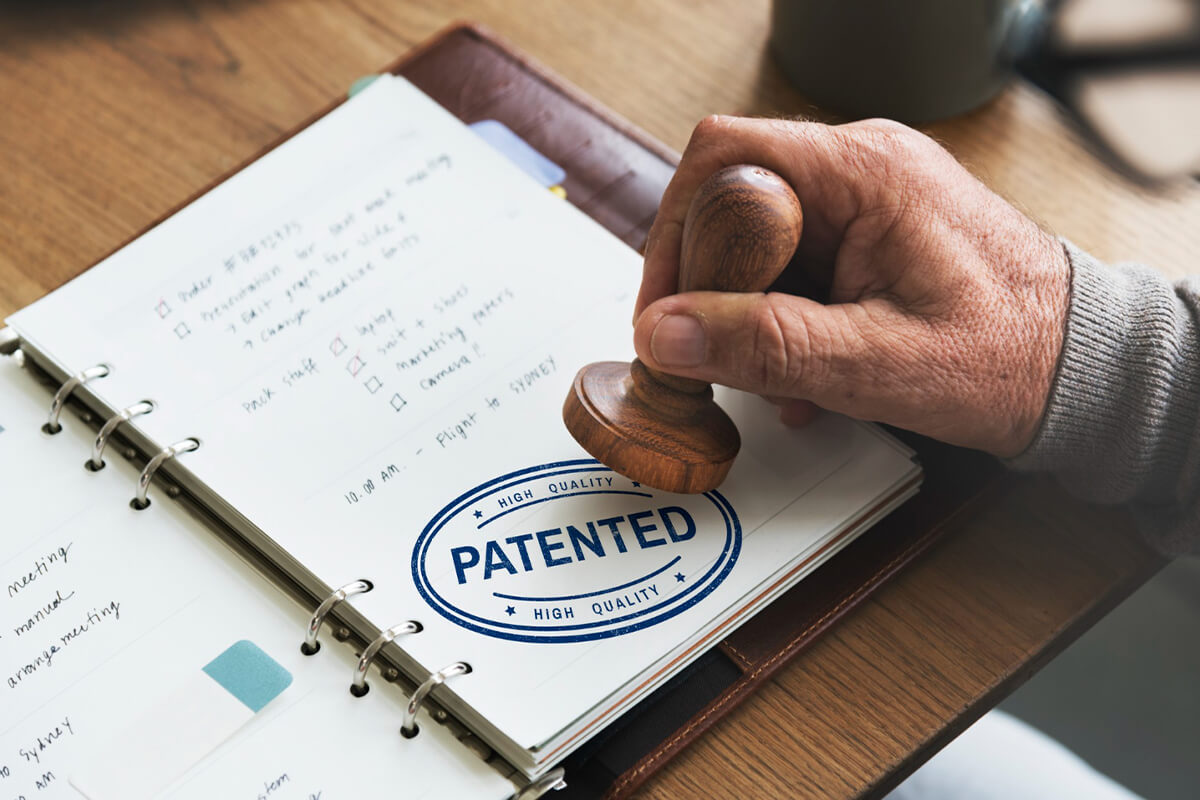
Introduction
Imagine this, you have an idea, a ground-breaking business idea and you wish to start your very own Start-up. Or you’ve been at your monotonous job for months but can’t seem to shake that lingering feeling of being your own boss and becoming an entrepreneur. However, before you become the ruler of your empire, almost instantaneously, you might feel overwhelmed and riddled by the complexities of this dream you wish to achieve. Reality sets in and questions about funding and investment, marketing, linkages and networking start to creep in. So, what can you do to convert your vision into reality? Well, you could start by getting the right kind of guidance and that’s exactly what Start-up Incubators do!
Start-up incubators can be understood as a one-stop solution that support growth and development of a Start-up in its initial and developing stage, almost like a launching pad for businesses. The very purpose of a Start-up incubator is to help in launching a Start-up from the grass root level by providing an array of services including but not limited to technical services, initial funding, marketing strategies, linkages and networking, potential investors and investments along with assistance in various fields given by administrative staff, expert advisors and mentors.
Deeper perspective
As much as a Start-up incubator can help a business grow, it must be the right fit for the budding entrepreneur as well. One niche area that might get neglected in this whole process is that of Intellectual Property (IP) Rights. In this internet networking age, bigger brands have taken a rather aggressive and bullish approach for the protection of their IP, making smaller businesses or Start-ups an easy target for legal actions. However, with adequate knowledge about IP, Start-ups can not only avoid getting into legal battles but also gain commercial or financial benefit by protecting their IP. Therefore, it is essential that start-up incubators put more emphasis on educating Start-ups and assisting them in acquiring necessary legal protection.
Before if we look at how Start-up incubators can help a Start-up in IP protection, we must first ponder upon why IP awareness is necessary for a Start-up? Unlike other assets, the nature and valuation of IP is much more stable and does not instantly change or waiver due to changing market circumstances provided the owner of IP is doing well in terms of brand reputation and biz. Therefore, IP rights are long-term stable assets to any business, small or big. Besides, with growing use and popularity of social media platforms and the growing size of the global market, focus on IP has tremendously multiplied. Which is why, now more than ever, Start-up incubators must foster awareness aroundit. Mentioned below are some driving factors for Start-up incubators to consider in order to promote IP rights education-
1. Unique Selling proposition (USP)-
Protecting one’s goods or services in the developing stage of a Start-up can easily become a unique selling point in the future. The reason is simple, when protection is granted to goods or services, it inherently implies that they are either distinctive or novel in nature and thus deserve legal protection. Such recognition can give an edge to the Start-up over others.
2. IP Portfolios and Investments-
A diligently and carefully drafted IP Portfolio can do wonders for a Start-up in terms of investments. A strong IP Portfolio is a representation of the Start-up’s diligence and valuation. It also attracts investors because it represents the fact that your company has potential and is worth something. Since Start-ups rarely ever have large stocks of goods or a big workforce, it has been estimated that over 80% of a start-up’s value is determined from its IP Portfolio. Therefore, investors are more attracted to Start-ups with IP protection.
3. Brand Image-
An ultimate aim for any business or Start-up is to become well known and successful. If and when it happens, the Intellectual Property of a brand becomes its identity or image. To illustrate, the “swish tick” logo of Nike or the arches of McDonald’s have attained distinctiveness and reputation, and are viewed as synonymous of their goods and services alone. Similarly, the logo of a Start-up must be protected as a trademark to prevent others from riding on its goodwill and reputation in the future. Therefore, IP rights not only protect but can also create brand image.
4. Exclusive Rights-
IP rights are a bundle of rights. This means that there are multiple rights attached to one kind of intellectual property protection. These rights are also exclusive in nature. Simply put, they are negative rights that ensure enjoyment to the exclusion of all other, meaning, that the right holder can prevent others from using their IP and also sue for its infringement. IP also lend a standing competitive chance to smaller business against bigger names in the market.
5. Additional Revenue-
IP owner has all rights to sell, license or assign rights to a third party, pretty much like tangible property. Routes for Licensing or Assignmentmay be selected depending on whether an IP is to be made available wholly or partially. Through ways of licensing or selling IP, owners can create an additional revenue stream through payment of royalties or other forms of periodical or one-time payments.
6. Avoid bullying and unnecessary legal actions-
Consider this, you’ve been working at an invention for months and when you’re close to a breakthrough, a bigger competitor in the market patents your invention or you’ve been working at your brand image for years when you’re sued by someone for infringing their trademarks. This is exactly what obtaining IP Protection can avoid. The preliminary stage of protection ensures that what your innovation is distinctive and novel. Legal protection of IP ensures that one is not unethically bullied by those with more resources.
Start-up incubators could focus on IP of a growing business or Start-up by laying down a strong foundation. Now that we know why IP Protection is necessary, here comes what, how and when part of things, let’s explore! –
1. What all can be protected as IP?
The most important aspect of gaining IP protection is recognizing what can be protected and under what niche area. To illustrate, the name, slogan and logo of a brand can be protected as Trademarks. Creative work in a marketing and ads can be protected as a Copyright. The shape, appearance and aesthetic of a product can be protected as a design. A novel invention, product or process can be granted patent protection.
2. How to protect?
In this second step, it is essential that a thorough search is undertaken about existing IP before filing for protection. It is also equally important forIP to be protected is adequately defined. To illustrate, if you are the inventor of a novel product, you must first ensure that a similar product has not been previously introduced or protected. Considering your invention is novel, it is eligible for patent protection. In order to gain patent protection, the invention has to be defined adequately and clearly with a statement of claims which would ultimately become your IP right.
3. When to protect?
The issue of when to protect your Intellectual Property depends on the kind of protection that is sought. To illustrate, Copyright can exist over protectable subject matter from the moment of its inception and registration is not compulsory, although its strongly encouraged. Trademarks can be openly used before applying for trademark registration and the prior use date can be claimed while making a Trademark application. However, a patent application can be rejected if it falls in the public domain before applying for protection. Similarly, a design should not be disclosed or published earlier either.
Government Initiatives-
Recognising the importance of IP Rights, the Government of India has time to time introduced measures to make the process and procedure of obtaining IP easier, faster and economically viable for start-ups. Some of these are enlisted below-
– The Government of India introduced the ‘Atal Innovation Mission’ in 2016 to foster a culture of “innovation and entrepreneurship” in India.
– Under the Start-up Intellectual Property Protection Scheme (SIPP) the Government of India has introduced provisions such as Fastrack examination and disposal of Patent Applications where the process of grant of patent is expedited.
– 80 % reduction has been introduced in cost of filing of Patent Applications by start-ups.
– A 50 % rebate has also been introduced in filing of Trademark Applications. This scheme has been extended till 2023 by a notification released in 2020.
Conclusion-
With all that has been discussed by far, it is evident that IP Rights are an indispensable asset to a start-up and can ensure its growth and development from the inception stage. This also highlights the duty and responsibility of a start-up incubator to focus on and educate budding entrepreneurs about the importance and advantages of owning IP. Since start-up incubators help a start-up in its growth and development from an early stage, they must emphasise upon educating start-ups under their wings about Intellectual Property Rights. The nature of legal processes might be too complex for budding entrepreneurs to comprehend which is why knowledge about welfare schemes must be promoted in incubation centres. For innovation and creation to foster and become catalysts of growth and development, awareness about Intellectual Property rights is necessary and indispensable.
At Photon Legal, we advise several start ups with appropriate IP strategy, and help them protect their patents, trademarks, copyrights, and design to the fullest. Reach out to us at photon.ip@photonlegal.com to know more. Happy Inventing!
Liked our blog, you may also like our following blogs:
- How to file patents in India? – https://qma.554.myftpupload.com/blogs/how-to-file-a-patent-in-india/
- How to file an International patent? – https://qma.554.myftpupload.com/blogs/how-to-file-an-international-patent/
- Madrid Application- A one-stop solution for International Registration of Trademarks – https://qma.554.myftpupload.com/blogs/madrid-application-a-one-stop-solution-for-international-registration-of-trademarks/
- 5 Ways to Protect your IP in Crowdfunding – https://qma.554.myftpupload.com/blogs/5-ways-to-protect-your-ip-in-crowdfunding/

